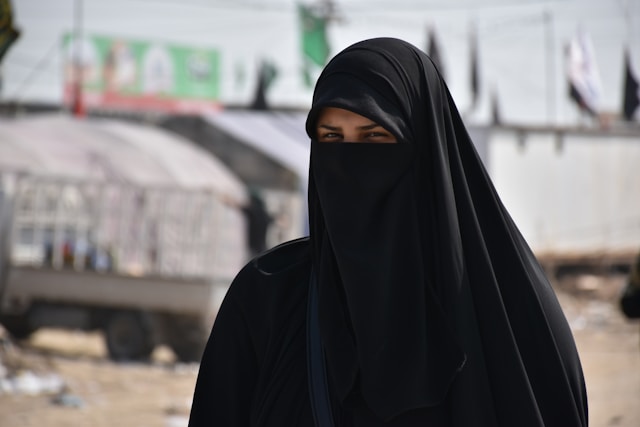The Tunisian case illustrates how attempts of rapprochement between rival groups fail due to the deliberate state policies to maintain an exclusionary context, following a divide-and-rule policy which led to mutually resentful modes of belonging and an outcome of rejection.
There had been rapprochement between the Islamists and the regime at different historical periods. The conflict between the Islamists and the Tunisian state has pertained to the definition of palatable form of Islamism to establish the cultural hegemony rather than a secular-Islamist cleavage. However, for both the political movement and ordinary devout people, the context has been exclusionary.
Suspicion of affiliation with any Islamist organisation or public display of piety met with oppression. There were also moments of rapprochement between the Islamists and the seculars; however, mutual resentment prevailed and each side continues to reject the existence of another. The mode of belonging has been a combination of resentful and persistent. Secular and Islamist opposition’s mode of attunement might have aligned during the former regime as the regime prosecuted both sides; however, it remained as a fragile attunement, easily decomposed in the face of political competition. There were temporary periods of weak persistent belonging, given the fact that at least Ennahda sought ways of reconciliation with the state institutions and integration into the political system through legal channels, even during the one-party period.
The autogolpe of 2021 erased any possibility of modes of outcomes except rejection. Mass support for Saied’s constitutional referendum in 2022, reaching 90%, shows that Tunisian Islamists might not expect even an ambiguous disengagement at social or political levels in the near future, as are the secular parties.






